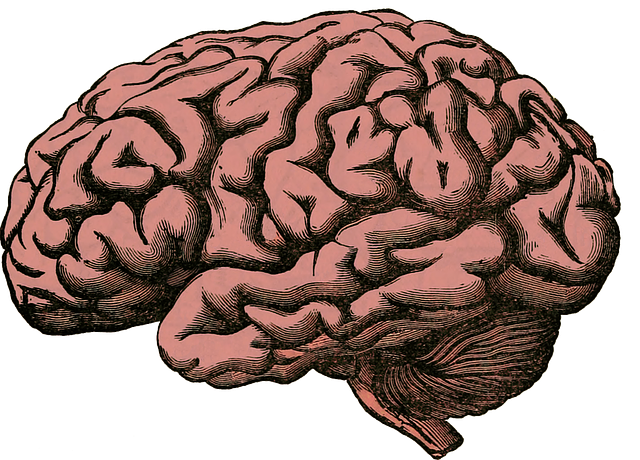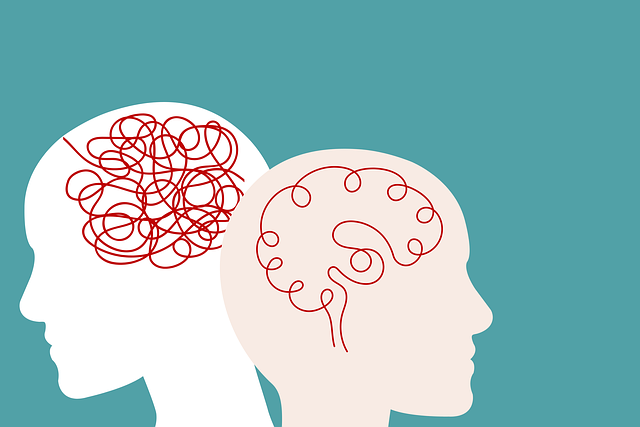Mindfulness meditation is a core component of Northglenn Sexual Addiction Therapy, offering individuals emotional regulation, stress reduction, and self-acceptance through present-moment awareness. Regular practice, accessible through simple techniques like breath focus, can improve mental wellness, physical health, and life satisfaction. Starting a mindfulness practice involves creating a quiet space, adopting comfortable postures, and exploring diverse meditation techniques tailored to individual preferences. Northglenn Sexual Addiction Therapy highlights common challenges like mind wandering, offering strategies including short sessions, body scans, and conflict resolution skills for emotional balance. Integrating mindfulness enhances therapeutic outcomes, empowering individuals to make conscious choices and fostering positive behavioral changes.
Discover the transformative power of mindfulness meditation with our comprehensive guide. From understanding its core principles for personal growth to exploring the myriad benefits of regular practice in daily life, this article covers it all. Learn how to set up a productive routine and overcome common challenges. We also delve into how mindfulness is integrated into Northglenn Sexual Addiction Therapy, highlighting its role in holistic healing. Embrace a calmer, more fulfilling life through mindful moments.
- Understanding Mindfulness Meditation for Personal Growth
- The Benefits of Regular Practice in Daily Life
- Setting Up a Productive Mindfulness Routine
- Overcoming Common Challenges During Meditation
- Integrating Mindfulness into Northglenn Sexual Addiction Therapy
Understanding Mindfulness Meditation for Personal Growth

Mindfulness meditation is a powerful tool for personal growth and well-being. It involves a conscious focus on the present moment, acknowledging and accepting thoughts, feelings, and bodily sensations as they arise, without judgment. This practice, often associated with Northglenn Sexual Addiction Therapy, has been shown to have profound effects on mental wellness. By cultivating awareness, individuals can develop a deeper understanding of their emotions and behaviors, fostering positive thinking and personal transformation.
Incorporating compassion cultivation practices into mindfulness meditation encourages self-acceptance and empathy towards oneself and others. Regular practice can lead to reduced stress, improved emotional regulation, and enhanced overall life satisfaction. Moreover, these techniques are valuable for individuals seeking to overcome challenges related to addiction or past traumas, as they promote mental clarity and a sense of inner peace, ultimately contributing to personal growth and recovery.
The Benefits of Regular Practice in Daily Life

Regular mindfulness meditation practice offers profound benefits that can enhance daily life. This ancient technique has gained popularity in recent years due to its ability to cultivate present-moment awareness and reduce stress, two factors crucial for maintaining mental wellness. By dedicating just a few minutes each day, individuals can experience improvements in emotional regulation, increased focus, and enhanced overall well-being. Studies have shown that consistent meditation practice can even lead to physical health benefits, such as lower blood pressure and improved immune function, which are particularly relevant for those seeking Trauma Support Services or aiming to implement Burnout Prevention Strategies for Healthcare Providers.
Incorporating mindfulness into one’s routine doesn’t require elaborate settings or specialized knowledge. Simple practices like focusing on the breath or scanning the body can be powerful tools for self-care and stress management. For individuals living in Northglenn Sexual Addiction Therapy, regular meditation can provide a healthy coping mechanism to navigate challenging emotions and behaviors. Moreover, engaging in mindfulness can foster resilience, enabling folks to approach life’s ups and downs with greater clarity and composure, while also potentially inspiring them to explore or enhance their Mental Wellness Podcast Series Production as a means of sharing insights and supporting others on their journeys.
Setting Up a Productive Mindfulness Routine

Starting a mindfulness meditation practice is like tending to a garden; it requires dedication and the right conditions for seeds to sprout and flourish. To set up a productive routine, begin by carving out a quiet space in your day—even 10 minutes can make a difference—and establish a consistent time, perhaps morning or evening, when you can practice without interruptions. Create a peaceful environment, free from distractions, where you can be still and present. Northglenn Sexual Addiction Therapy offers valuable insights into cultivating mindfulness as a tool for personal growth and healing.
Consider incorporating elements that enhance your experience: dim lighting, soothing music, or nature sounds in the background. Ensure comfort through proper posture or even using a meditation cushion. Begin with simple breathing exercises, focusing on each inhalation and exhalation to anchor yourself in the present moment. Over time, explore various mindfulness techniques like body scans, guided visualizations, or mantra repetition from Mental Health Education Programs Design to suit your preferences and needs. Conflict Resolution Techniques can also be integrated into your practice to promote emotional balance and well-being.
Overcoming Common Challenges During Meditation

Meditation can be a powerful tool for mental clarity and emotional well-being, but it’s not always an easy practice to master. Many individuals, especially those navigating challenges like stress or sexual addiction, may find themselves facing obstacles when attempting mindfulness meditation. In Northglenn Sexual Addiction Therapy, therapists often emphasize the importance of understanding these common hurdles to foster effective treatment and recovery.
One prevalent challenge is the tendency to let the mind wander. With thoughts constantly racing, it can be difficult to stay focused on the present moment. To overcome this, beginners are encouraged to start with short meditation sessions, setting a timer for 5 or 10 minutes and practicing mindfulness of breath. Incorporating techniques like body scans or guided visualizations from Stress Management Workshops Organization can help keep the mind engaged. Additionally, being mindful of one’s thoughts without judgment is crucial; it’s normal for the mind to wander, but gently redirecting attention back to the chosen focal point strengthens meditation practice over time. Conflict Resolution Techniques can also be applied to navigate internal conflicts that arise during meditation, fostering a more harmonious mental space.
Integrating Mindfulness into Northglenn Sexual Addiction Therapy

Incorporating mindfulness meditation into Northglenn Sexual Addiction Therapy offers a transformative approach to healing and recovery. Mindfulness, the practice of being fully present in the moment, can significantly enhance therapeutic outcomes for individuals struggling with sexual addiction. By integrating this ancient technique, therapists in Northglenn provide clients with powerful tools to cultivate awareness, regulate emotions, and develop a deeper understanding of their behaviors.
During sessions, mindfulness meditation encourages individuals to observe their thoughts and sensations without judgment, fostering a sense of detachment from automatic impulses. This practice promotes positive thinking and self-care routine development for better mental health, enabling clients to make conscious choices rather than reacting to urges impulsively. Additionally, risk management planning for mental health professionals becomes more effective when mindfulness is incorporated, as it helps therapists guide their clients toward healthier coping strategies and long-term behavioral changes.
Mindfulness meditation, as explored in this article, offers a powerful tool for personal growth and improved daily life. By understanding its core principles and implementing effective practices, individuals can cultivate a deeper sense of calm and awareness. Setting up a productive routine and overcoming common challenges will enhance the benefits, making mindfulness a valuable asset for anyone seeking to enhance their mental well-being. Integrating these techniques into Northglenn Sexual Addiction Therapy can provide transformative support for those on their journey towards recovery.














